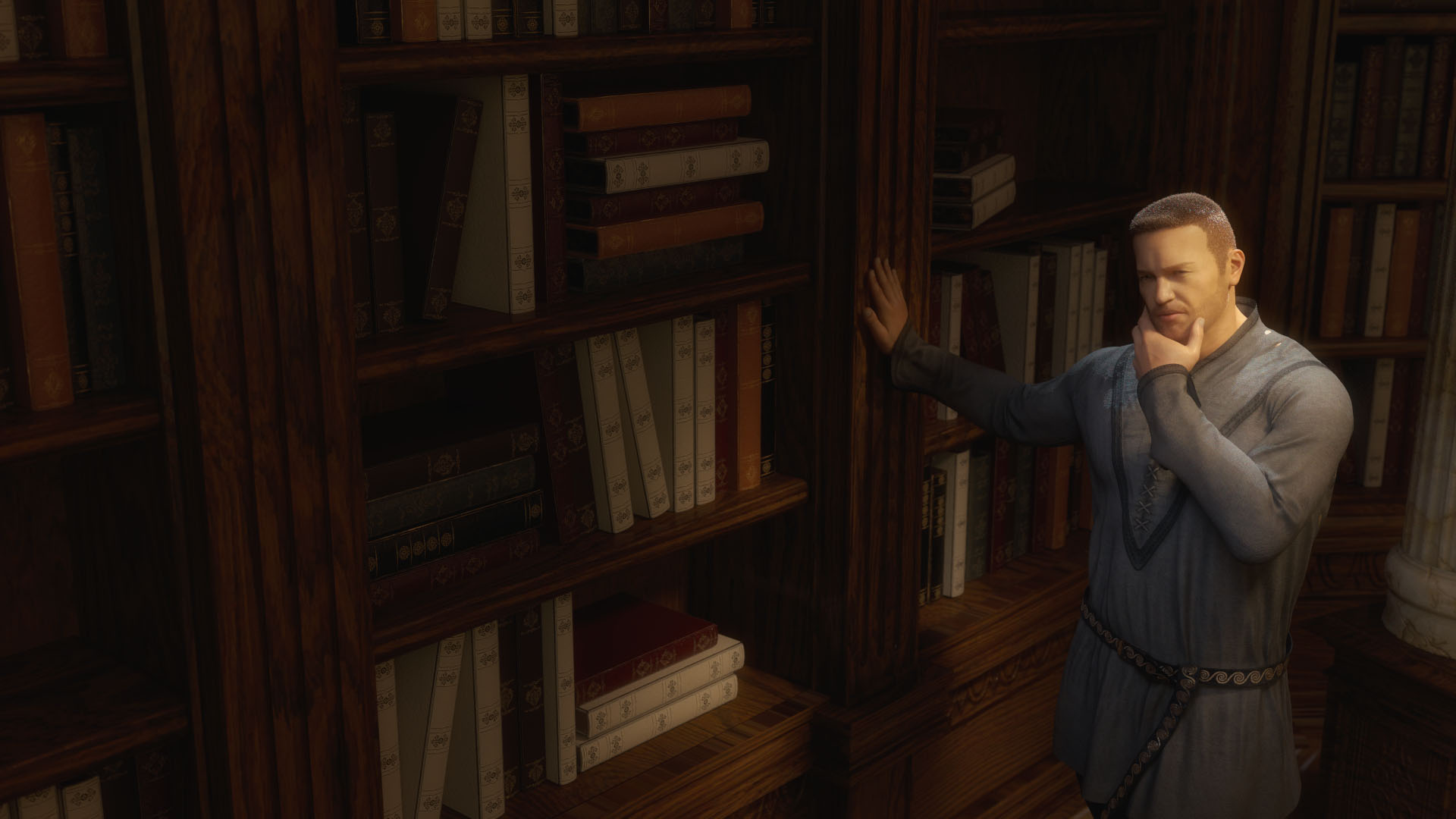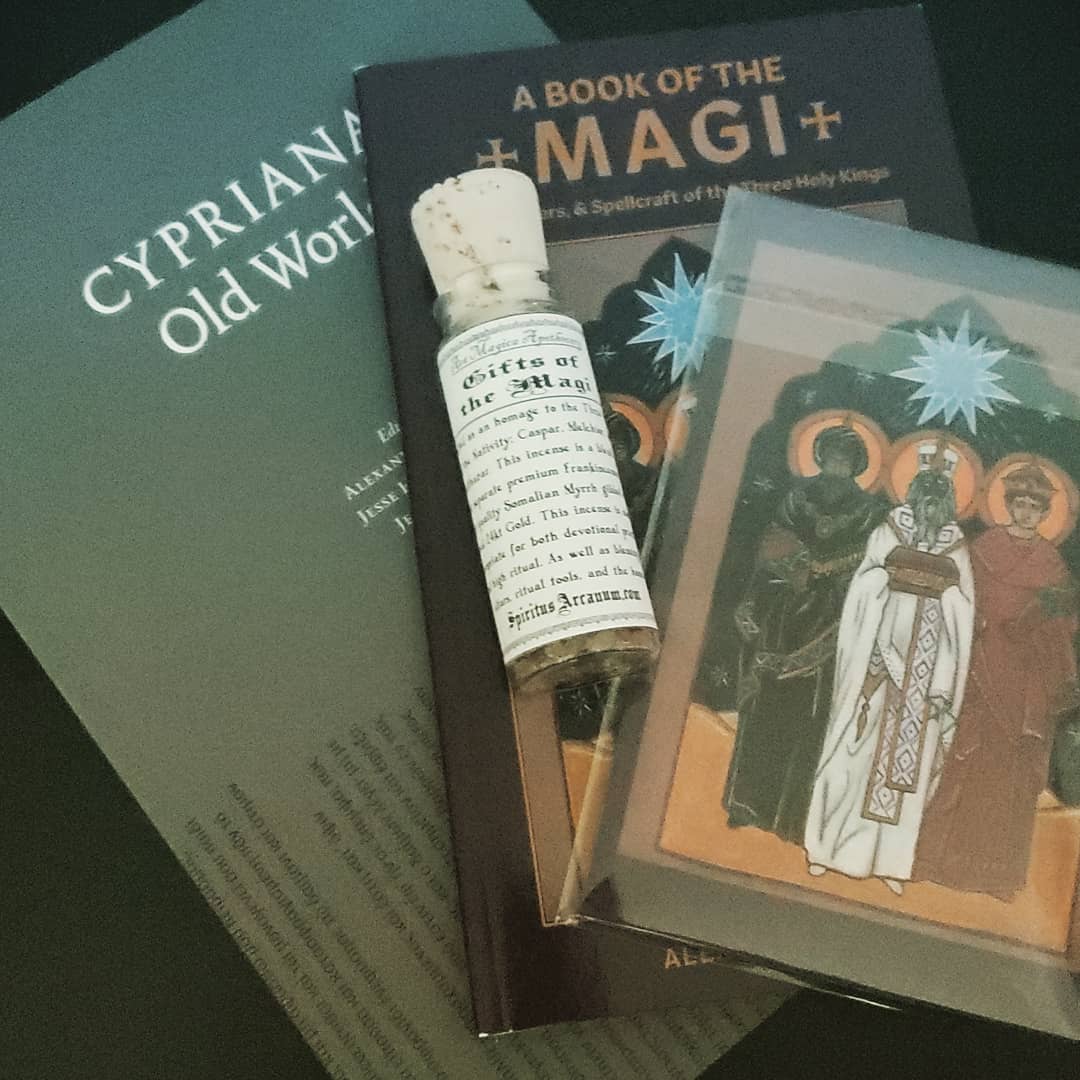"Dr Alexander Cummins is a consultant, diviner, writer, magician, and historian." The opening blurb on the website of Dr Alexander Cummins begins with characteristic understatement. The wisecracking wizard in a waistcoat, who usually introduces himself with: "Hello, I'm Al.", is most certainly all of those things.
I don't know Dr Cummins half as well as I should like, but we have a frienship of sorts: defined by social media interations, mutually attended conferences, and the somewhat one-sided relationship of author to reader/presenter to presentee. Of course, there is the more subtle and penetrating relationship of consultant and consultee. You see, Al Cummins helped me out with an ancestral spirit issue. I know his work somewhat better than I know him personally.
Dr Cummins talks about "personal practice" quite a bit. So do I, I think...most of what I relate is from my personal practice, and I, at least like to think, that I espouse the benefits of having a personal practice, and an informed one. My personal practice is heavily invested in relationships that first appeared in my childhood and then echoed throughout my life through various synchronicities and the meeting of like minded people. Until recently, one of these relationships has not gotten the attention that perhaps it has deserved, and has largely remained unexamined (though the echoes are starting to ring more clearly). My paternal grandparents had a nativity scene, I vaguely recall that it was sometimes setup in the front window of the spare bedroom where visiting relatives stayed. I was fascinated by it as a child... well, perhaps fascinated is not the right word: it brought me joy. I was most interested in the angel figure (Archangel Gabriel, a relationship that has flourished), the shepherd and the Three Wise Men, who came bearing gifts of gold, frankincense and myrhh.
One would think that someone who has developed a passion for incense would have realized long ago what tiny grain this pearl formed around.
Why does he tell us all of this? Because I just finished A Book of the Magi by Dr Alexander Cummins. Its a short book, but jam packed full of lore and those wonderful crunchy bits of practical stuff that enlivens the personal practice we we were just talking about.
"I dedicate this book to dead magicians" A. Cummins, PhD
The text of A Book of the Magi is divided into two sections: The Cult of The Magi, discussing the rich presence of the Kings through history and culture; and Works of the Three Holy Kings, where is presented the serious business of brining the legacy of the Magi alive in your life.
Through roughly the first half of the text, Dr Cummins takes us on a tour of the developed lore of the Three Kings, indeed illuminating how they transfigure from the Wise Men of Matthew 1-12 to Kings and more. Delving into the history of Epiphany itself and even early depictions of the Kings in the funerary art of early Christians, Cummins establishes themes he will return to throughout the text; weaving strands from apocrypha, Renaissance scholars and Folk Catholicism, his Cult of the Magi becomes a beautiful tapestry to illustrate the Works in the second section.
The Works of the Three Holy Kings begins with, as Dr. Cummins so wonderfully puts it, a practical 'Thing Magicians Should Know' (there is an implication that Dr. Cummins has, perhaps, a list of practical Things Magicians Should Know... and I'd love to see that list): baking. A brief discussion of various Epiphany traditions from different cultures leads to the subject of foodways and the tradition of the King Cake and then presents a recipie and instructions for making one.
I am very much in the same camp as Dr. Cummins in regards to simple baking and foodways as something every magician should have practical knowlege of: baking is magic.
Prayers to the Holy Kings come next, with a few noteworthy examples given along with interpretive notes and suggestions. The largest section of The Works is devoted to the Grimoiric Record, an area of Dr. Cummins' speciality. Here we find the Kings appearing in such notable manuscripts as The Book of Oberon, The Grimoire of Pope Honorius and even Reginald Scot's Discoverie of Withcraft.
The notes and suggestions on personal practice throughout the text are, for me, probably the most important passages, but no reader would want to miss the final pages of The Works of the Three Holy Kings where Dr Cummins gives us a miscellany of practical recipies for basic supplies related to working with the Three Kings... "most widely concieved as the collective magic-using dead".
This is not just a book about working with the Magi, it is also a book about working with dead magicians (that dedication was a dead giveaway, eh?). Which dead magicians you work with is up to you, but this book and the greater tutelage of the Magi will help you on that journey.


